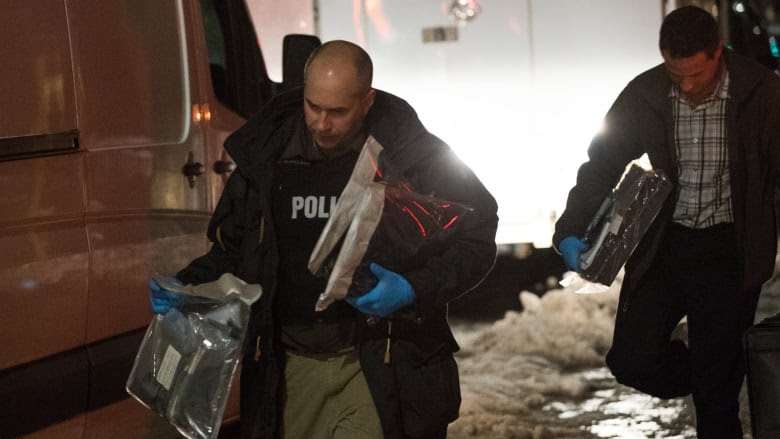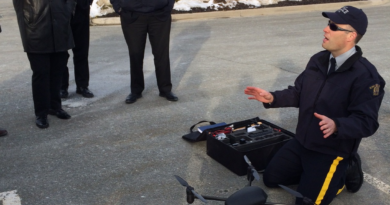Kingston Terrorism Arrests
Acting on a tip from the FBI, police in Kingston, Ontario, recently arrested two people on terror-related charges. What we know is that one of the two suspects – a minor — has been charged but can’t be named while the second person – who has been identified — has been released without charge. Police have also said that the charge against the young offender has to do with making or trying to make an Improvised Explosive Device (IED), although investigators don’t now know where, when or if he intended to use it. Canadian police working with another agency to thwart a possible terrorist attack in Canada is a very positive and reassuring thing, and through diligent investigation they may uncover additional threats. Given the nature of the investigation, though, we may never know more about the file than is currently in the public domain.
Which brings us to the second suspect – the one who was released without charge. A member of a church-sponsored refugee family, he’s been identified, as has the location of his home. As a result he’s concerned about a backlash against his family, friends and himself. Reporters – on camera – have been to his door where they’ve spoken with his father, who sounds clearly concerned. On January 26th, the CBC interviewed a retired CSIS employee who was asked if he felt the released suspect was likely just in the wrong place at the wrong time. No, opined the former CSIS member, if the police arrested this person, he’s likely involved, and no doubt we’d hear more about the suspect later. Almost as an afterthought, the CBC’s guest added that people are presumed innocent until proven guilty in Canada and that this is a “good thing.”
This is precisely how people end up wrongly investigated, charged and sometimes convicted, and it needs to stop. It’s also how public sentiment against groups and persons is whipped up. Yes, people are considered innocent until proven otherwise. In fact, this is a ridiculously redundant statement when applied to people who aren’t charged with anything. And yes, it’s possible this suspect was in some way involved in this nefarious plan, but the police haven’t said so, so it’s just as likely he was indeed a ‘found-in’, or, as the CBC host suggested, in the wrong place at the wrong time.
The police did a good job here, and we hope they’re able to uncover any further threats to public safety and security. They need our help in terms of vigilance and willingness to speak up when we see something that concerns us. What they don’t need is ‘subject matter experts’ using where’s-there’s-smoke-there’s-fire malarkey to target innocent people. It’s unfair to everyone.
A PDF of this Comments is available here.
Dan Tanner is a retired officer of the RCMP. This work is the sole opinion of the author and does not necessarily represent the views of the Canadian Armed Forces, the Canadian Department of National Defence, the Royal Canadian Mounted Police or the Royal United Services Institute of Nova Scotia. The author may be contacted by email at: RUSINovaScotia@gmail.com.
Photo: Lars Hagberg, Canadian Press




